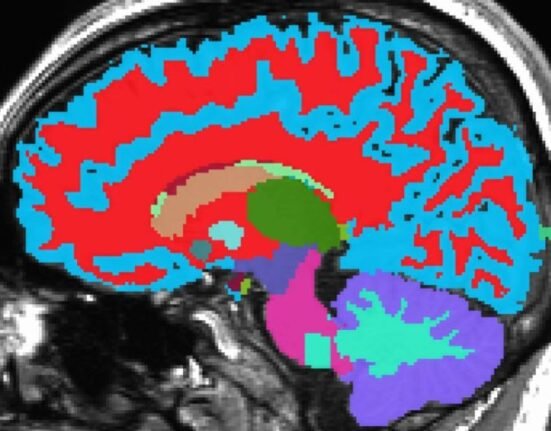HQ team
21-09-2022: Heart diseases, cancer, diabetes and chronic respiratory diseases are killing one person under 70 every two seconds globally, according to a WHO report.
Along with mental health, about 86% or 41 million of these premature non-communicable deaths occur in low and middle-income nations.
The main drivers and risk factors include tobacco use, unhealthy diet, harmful use of alcohol and lack of physical activity, according to the report, “Invisible Numbers. The true extent of non-communicable diseases and what to do about them”.
Rapid unplanned urbanisation, globalisation of unhealthy lifestyles and an ageing population are the other reasons cited by the WHO for the deaths.
“Unhealthy diets and a lack of physical activity may show up in people as raised blood pressure, increased blood glucose, elevated blood lipids and obesity. These are called metabolic risk factors and can lead to cardiovascular disease, the leading NCD in terms of premature deaths.”
“This major shift in public health over the last decades has gone largely unnoticed,” it stated. Cardiovascular diseases account for most deaths or 17.9 million people annually. Cancers kill 9.3 million, chronic respiratory diseases 4.1 million, and diabetes 2.0 million, including kidney disease deaths caused by it.
Death reduction
In 2022, only a handful of countries were on track to meet the Sustainable Development Goal target of reducing early deaths from non-communicable by a third by 2030.
“This is despite the fact that the NCDs (non-communicable diseases) are truly at the heart of sustainable development and their prevention and treatment is a prime opportunity for investment that will have myriad impacts on economic growth, far outweighing the money spent.”
Non-communicable diseases, also known as chronic diseases, tend to be of long duration and result from a combination of genetic, physiological, environmental and behavioural factors.
In a May 2022 report, the WHO stated that the world’s poorest countries can gain up to $350 billion by 2030 by scaling up investments in preventing and treating chronic diseases that cost an additional $1.27 per person annually.
“Such actions would save more than 8 million lives over the same period.”








